Have you ever wondered if your trusty rice cooker be used as a slow cooker, can cook perfect rice? Prepare for a delightful culinary adventure as we explore this intriguing question: Can a rice cooker also be your secret slow cooker?
In the world of kitchen gadgets, versatility is the name of the game. Many of us have a rice cooker in our kitchens, and we all know it’s great at turning those hard rice grains into fluffy masterpieces. But what if I told you this humble kitchen companion might have an undiscovered talent waiting to shine?
We will share some handy tips and show you how to transform your dependable rice cooker into a versatile slow-cooking expert. Are you excited to unlock the hidden potential of your kitchen sidekick?
Can a Rice Cooker Be Used as a Slow Cooker?
Slow cooking is a popular method because it allows flavors to develop over a longer time and is typically done using a slow cooker. However, if you don’t have a slow cooker but have a rice cooker, you might wonder if it can perform the same function. A rice cooker is primarily designed to cook rice, but it can be used as a slow cooker under certain circumstances and with some adjustments, although the results may differ. Here, we’ll explore this possibility and explain how to use a rice cooker for slow cooking.
Types of rice can you cook in a rice cooker
Rice cookers are versatile appliances that can cook various types of rice, making it easy to prepare multiple dishes. Here are some of the most common types of rice you can cook in a rice cooker:
- White Rice: This is the most common type of rice cooked in rice cookers. It includes varieties like long-grain, medium-grain, and short-grain white rice. Water-to-rice ratios may vary slightly depending on the specific type.
- Brown Rice: Brown rice is a healthier alternative to white rice because it retains the bran layer. It usually requires more water and a longer cooking time than white rice.
- Basmati Rice: Basmati rice is a fragrant, long-grain rice commonly used in Indian and Middle Eastern cuisines. It cooks well in a rice cooker and has a distinct aroma and fluffy texture.
- Jasmine Rice: Jasmine rice is another fragrant long-grain rice often used in Southeast Asian dishes. It can be cooked in a rice cooker with excellent results.
- Wild Rice: Wild rice isn’t technically rice but is often included in rice cooker recipes. It usually requires a longer cooking time and more water than regular rice.
- Sushi Rice: Sushi rice, or shari, is a special short-grain rice used in sushi. It can be cooked in a rice cooker and is often seasoned with vinegar, sugar, and salt after cooking.
- Red Rice: Red rice varieties, such as Bhutanese red rice or Camargue red rice, can also be cooked in a rice cooker. They have a nuttier flavor and take slightly longer than white rice.
Differences Between Rice Cookers and Slow Cookers
Rice and slow cookers are kitchen appliances designed to simplify the cooking process, but they serve different purposes and have distinct features. Here are the critical differences between rice cookers and slow cookers:
Rice Cookers:
- Primary Function: Rice cookers are primarily designed for cooking rice. They excel at producing perfectly cooked rice of various types, including white rice, brown rice, sushi rice, and more. Some advanced models may offer additional cooking functions.
- Cooking Method: Rice cookers use a combination of heat and steam to cook rice. They typically have sensors that detect when the rice is done, automatically switching to a “keep warm” mode to maintain the temperature and moisture level.
- Cooking Time: Rice cookers are designed for relatively quick cooking, usually taking 15-30 minutes, depending on the type and quantity of prepared rice.
- Versatility: While some rice cookers have additional settings for steaming vegetables or cooking other grains, their primary function remains on rice.
- Temperature Control: Rice cookers offer limited temperature control options, usually focused on specific rice cooking settings.
- Cleaning and Maintenance: Rice cookers are generally easy to clean due to their non-stick cooking pots. Cleaning is typically straightforward and hassle-free.
Slow Cookers
- Primary Function: Slow cookers are designed for slow, long-term cooking of various dishes, such as stews, soups, chili, roasts, and braised meats. They are versatile for creating tender and flavorful dishes.
- Cooking Method: Slow cookers use low and consistent heat to slowly cook food over several hours, making them ideal for recipes that require slow simmering
- Cooking Time: Slow cookers are intended for extended cooking times, often ranging from 4 to 10 hours or more, depending on the recipe.
- Versatility: Slow cookers are highly versatile and can be used for various dishes, making them a valuable addition to the kitchen.
- Temperature Control: Slow cookers offer adjustable temperature settings, allowing you to choose between low, medium, or high heat levels to suit different recipes.
- Cleaning and Maintenance: Cleaning slow cookers can be slightly more involved due to their larger size and the need to thoroughly clean the removable crock and lid.
Is It Possible to Use a Rice Cooker as a Slow Cooker?
Certainly! You can use a rice cooker as a makeshift slow cooker, but there are limitations to consider. Rice and slow cookers share similarities in heating and temperature control functions. However, rice cookers are primarily designed for cooking rice and may provide a different precision and flexibility than dedicated slow cookers. Most rice cookers have a “keep warm” setting, which can approximate low-temperature cooking. Still, it might be less effective for slow-cooking recipes that require longer cooking times and precise temperature control.
Additionally, the size and shape of the rice cooker pot may be better for slow-cooking more significant cuts of meat or making large batches of slow-cooked dishes. Monitoring the cooking process may also require more attention, as rice cookers typically need more features for setting cooking times and progress tracking. If you decide to use a rice cooker as a slow cooker, it’s best to start with recipes compatible with shorter cooking times and periodically check and adjust the cooking process as needed. However, investing in a dedicated slow cooker with precise temperature control and a larger capacity would be a more suitable long-term solution if you frequently enjoy slow-cooked meals.
Conclusion
While a rice cooker can perform slow-cooking functions to some extent, it may need to provide more precision and flexibility than a dedicated slow cooker. Rice cookers are primarily designed for cooking rice, and their “keep warm” setting may not be as effective for recipes that require longer cooking times and precise temperature control. Additionally, the size and shape of the rice cooker pot may be better for more significant cuts of meat or big batches of slow-cooked dishes.
While you can occasionally use a rice cooker for slow cooking, for those who frequently enjoy slow-cooked meals, investing in a dedicated slow cooker with precise controls and a larger capacity may be the better long-term solution. So, while your rice cooker might have some hidden talents, there are better substitutes for a genuine slow cooker.

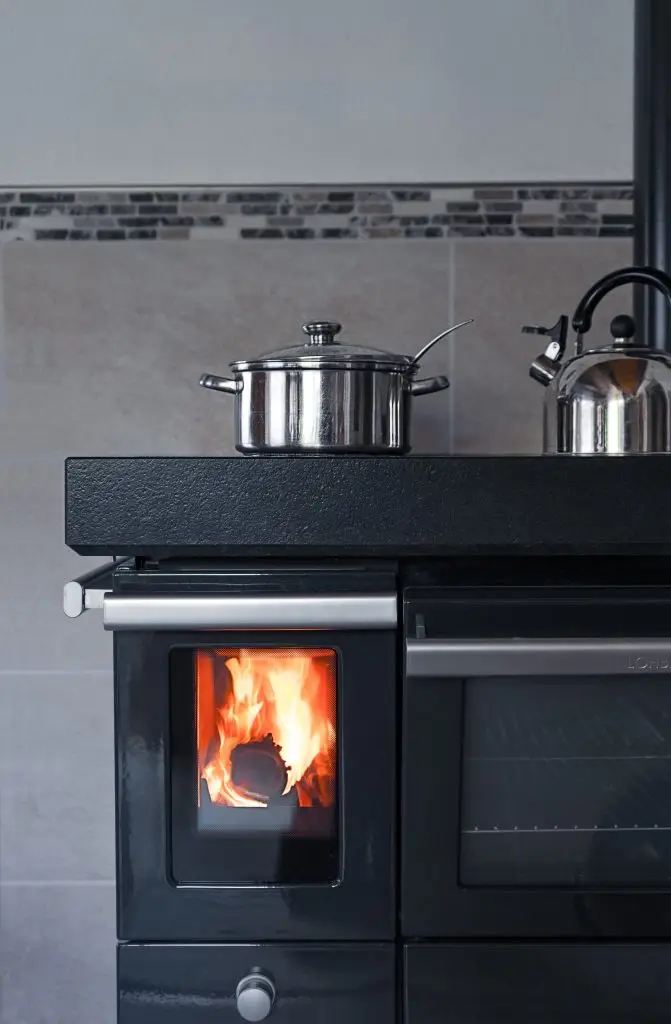
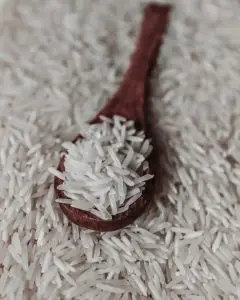
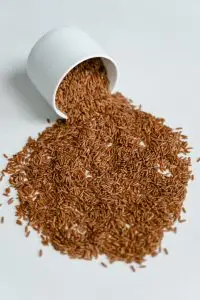
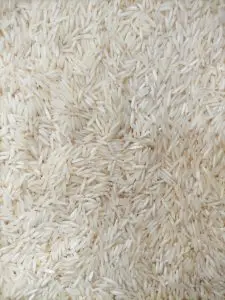
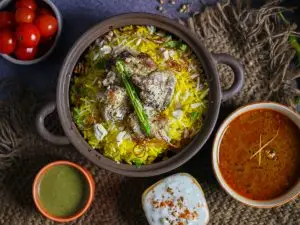
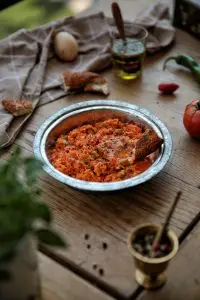
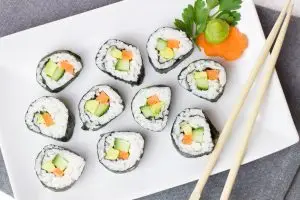
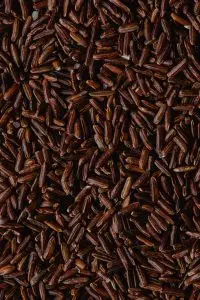
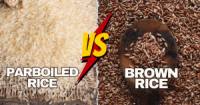
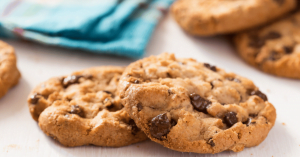
Everything is very open with a precise clarification of the challenges. It was really informative. Your website is useful. Thanks for sharing!
obviously like your web-site but you need to test the spelling on quite a few of your posts. Several of them are rife with spelling problems and I to find it very troublesome to inform the reality on the other hand I’ll certainly come back again.
Pingback: Parboiled Rice vs Brown Rice - guestpostsellers
I love how this blog celebrates diversity and inclusivity It’s a reminder that we are all unique and should embrace our differences
thank you for your appreciation dear Rayna Maleah Jaylah West